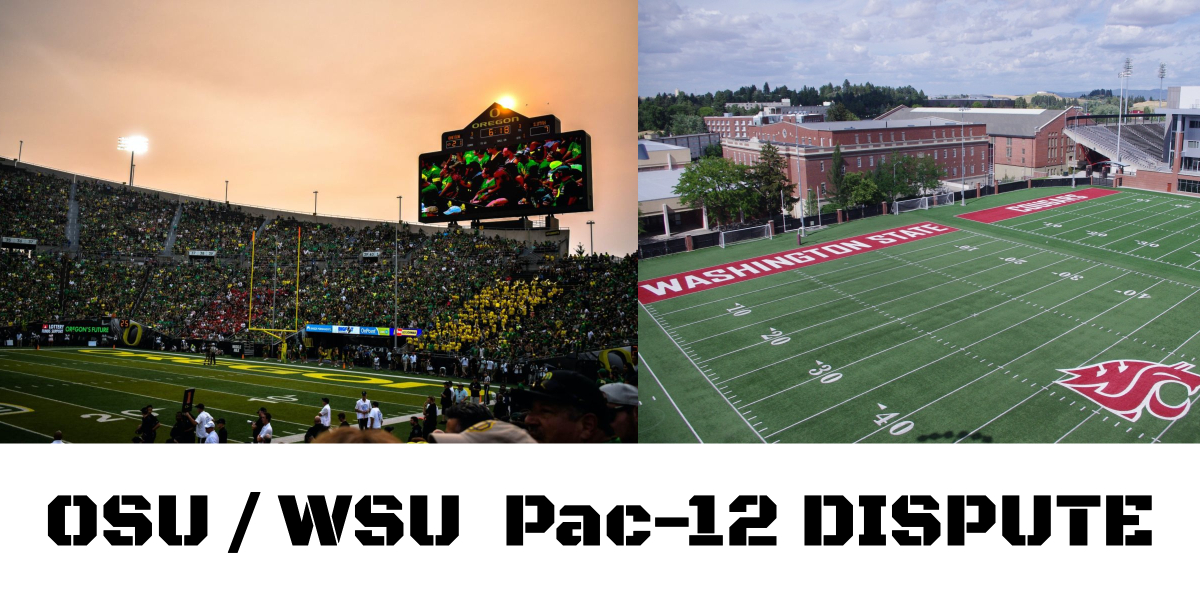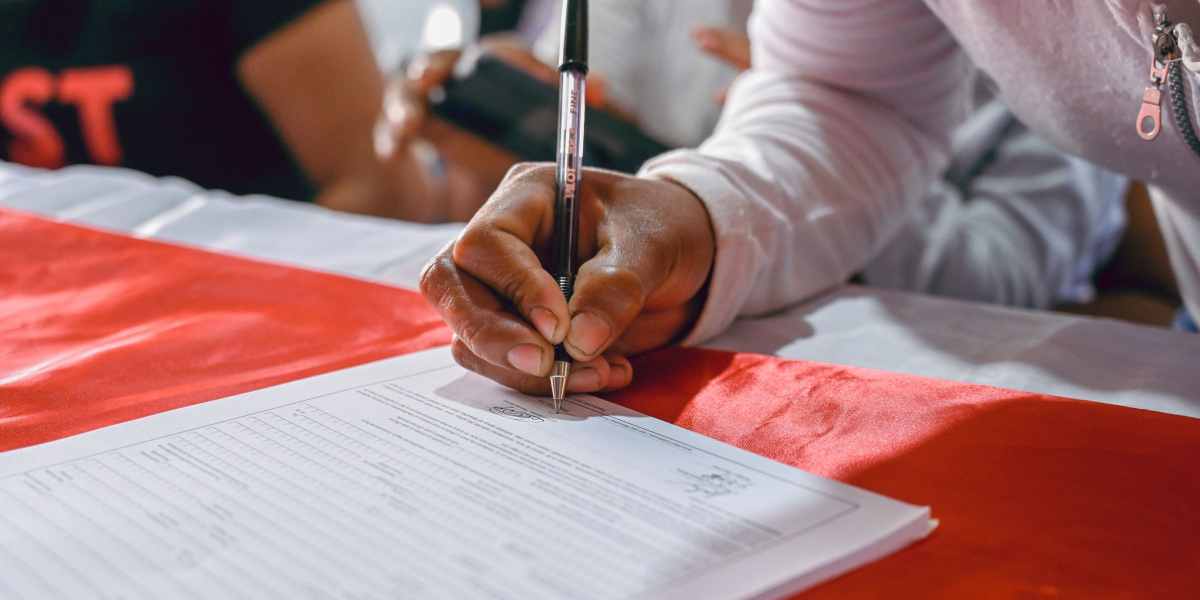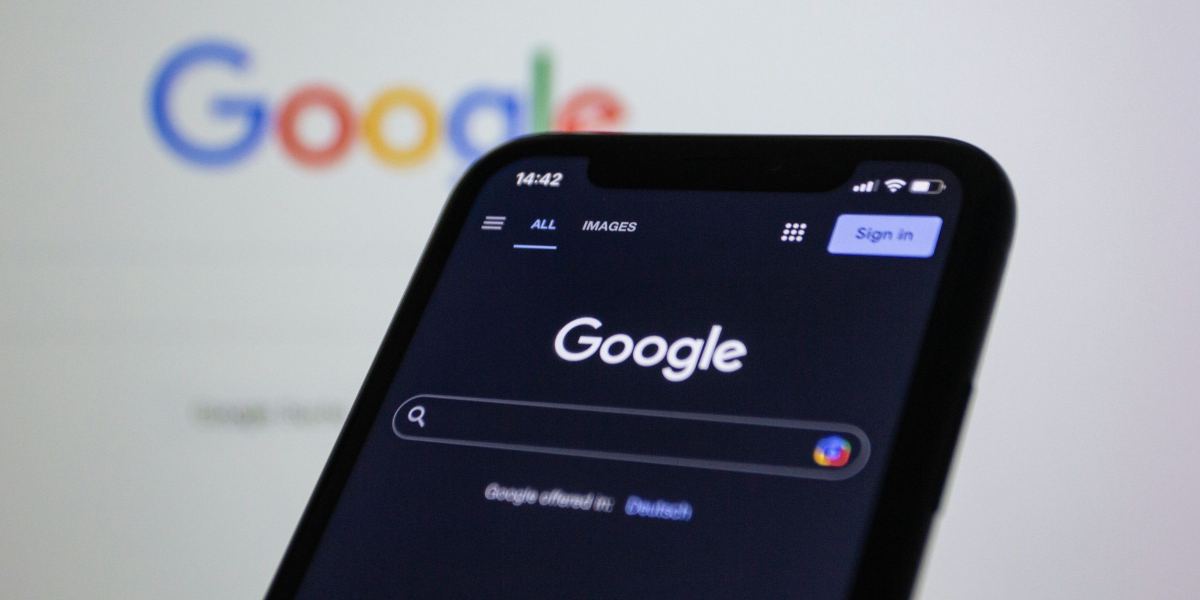“Understanding the Telephone Consumer Protection Act (TCPA): Protecting Your Privacy from Unwanted Calls and Texts”
In today’s digital age, our smartphones are constantly buzzing with text messages and ringing with calls. While most of these communications are welcome, some can be a nuisance. That’s where the Telephone Consumer Protection Act (TCPA) comes into play. We’ll explore what the TCPA is, how companies can violate it, and what it means for you and me when solicitors come calling.
What is the TCPA?
The Telephone Consumer Protection Act, or TCPA, is a federal law in the United States designed to protect consumers from unwanted telemarketing calls, spam text messages, and faxes. Enacted in 1991, this law sets strict rules and regulations that companies must follow when engaging in phone-based marketing communications.
Under the TCPA, companies are required to obtain express written consent from individuals before making automated calls, sending promotional texts, or sending unsolicited faxes. This consent is crucial and must be clear and unambiguous. Moreover, companies must provide an easy opt-out mechanism for consumers who no longer wish to receive such communications.
Violations of the TCPA
Unfortunately, not all companies adhere to the rules laid out by the TCPA. Some common violations include:
- Robocalls without Consent: Companies using automated dialing systems to make calls without obtaining prior consent from the recipient are in direct violation of the TCPA.
- Unsolicited Text Messages: Sending promotional texts without the recipient’s explicit consent is another violation. Many individuals have experienced the frustration of receiving unwanted marketing messages.
- Ignored Opt-Out Requests: Companies must respect opt-out requests promptly. Ignoring these requests and continuing to send communications can result in TCPA violations.
- Time Restrictions: The TCPA restricts telemarketing calls to specific hours of the day. Violating these time restrictions can lead to penalties.
- Do Not Call List: Companies are required to maintain and honor their own internal “Do Not Call” lists. Ignoring these lists can result in TCPA violations.
What It Means for You and Me
So, how does the TCPA affect you and me when solicitors call? Here’s what you need to know:
- Reduced Annoyance: The TCPA helps reduce the annoyance of unsolicited marketing calls and texts. Companies must seek your permission before bombarding you with promotional content.
- Privacy Protection: Your privacy is important, and the TCPA safeguards it. You have the right to control who contacts you and for what purpose.
- Legal Recourse: If a company violates the TCPA and you receive unsolicited communications, you may have legal recourse. You can file a complaint and potentially seek damages.
- Opt-Out Option: The TCPA ensures that you have the option to easily opt out of receiving future communications from a company. They must respect your decision.
- Awareness: Being aware of your rights under the TCPA empowers you to protect your privacy. You can take action against companies that don’t adhere to the law.
The Telephone Consumer Protection Act is a vital tool in protecting consumers from intrusive telemarketing practices. It sets clear boundaries for companies, ensuring that they obtain consent before reaching out to you. By understanding the TCPA and your rights under it, you can enjoy a more peaceful and private communication experience in the digital age. Remember, you have the power to say no to unwanted calls and texts, and the law is on your side.











